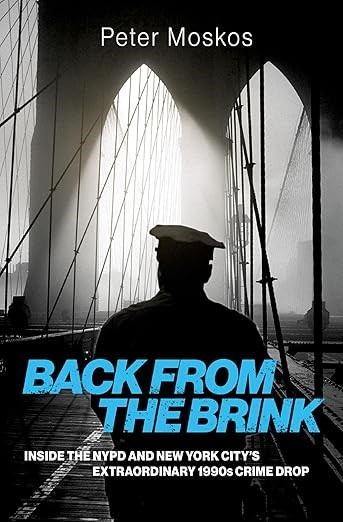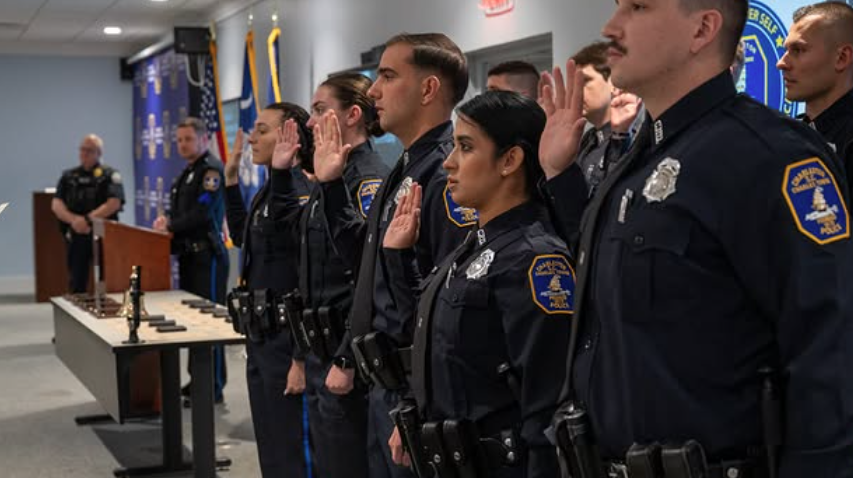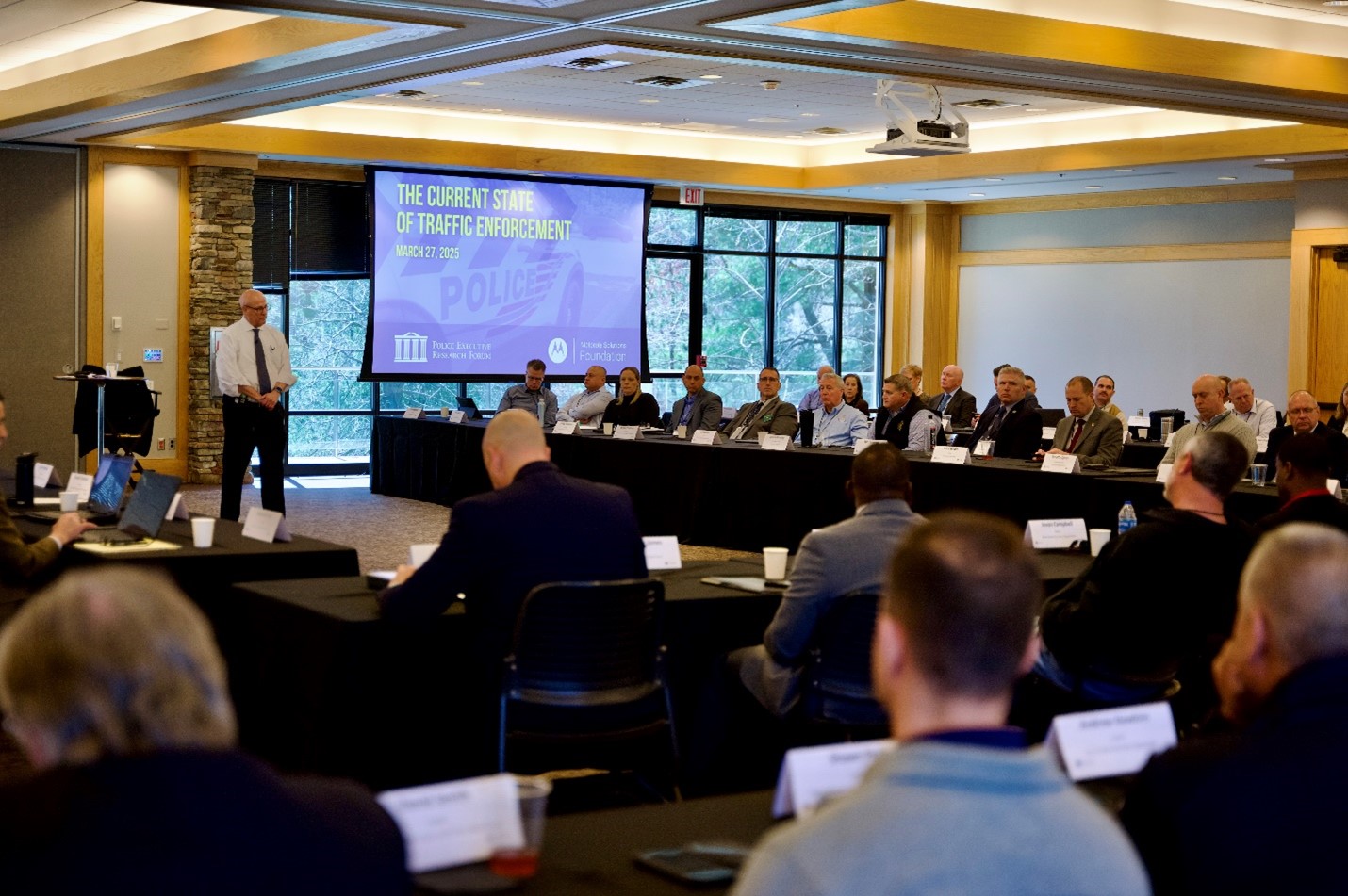|
April 5, 2025 Research on officer retention, new writing from Anthony Braga and Peter Moskos, and the future of traffic enforcement
PERF members, Here’s what caught my attention this week: New research on officer retention A new study on officer retention by researchers Elias Nader, Bradley J. O’Guinn, Anthony Gibson, and Dannelle Goldberg was published in Police Practice and Research this week. Studying the Charleston (South Carolina) Police Department, the researchers “use ten years of hiring and employment data to test whether the number and type of assignment(s) officers receive early in their careers are associated with the likelihood of officer separation.” (emphasis added) They find that “neither the number nor type of assignment(s) officers receive during their initial 3 years of service are associated with their decision to leave the agency before year 3.” However, those with more job assignments in their first four and first five years with the agency are less likely to resign before reaching those service milestones. They found “that for each additional assignment officers receive during their initial 4 years of service, there is a 34.5 percent decrease in the likelihood that they will leave the agency by the 4-year mark,” and “each additional assignment officers receive during their initial 5 years of service is associated with a 38.9 percent decrease in the likelihood that they will leave the agency by year 5.”
The Charleston Police Department swears in Police Corps Class 17. Source: Instagram The research team concludes that “when officers have a larger variety of duty assignments, they are less likely to voluntarily separate from the agency.” Professor Anthony Braga on “policing as public health” University of Pennsylvania Criminology Professor Anthony Braga recently wrote a piece titled “Policing as Public Health” for City Journal. “Twenty-first-century policymakers profess a deep commitment to ‘public health,’ and they now apply the concept to the problem of violent crime in cities,” Braga writes. “These initiatives may be well-intentioned, but they ignore a hard truth. Police departments play a critical role in controlling violent crime and should be part of the public-health approach. Advocates of such an approach to crime tend to be reluctant to engage the police, worried about racially disparate policing and incarceration statistics. Yet the wholesale avoidance of the police works against their goals.” New book by Peter Moskos 
John Jay College of Criminal Justice Professor Peter Moskos, who spent a year as a patrol officer with the Baltimore Police Department while earning his PhD at Harvard University, has written a new book I’m looking forward to reading: Back from the Brink: Inside the NYPD and New York City’s Extraordinary 1990s Crime Drop. According to the back-of-the-book summary, “In Back from the Brink, Peter Moskos takes readers behind the Blue Wall, telling the story of ‘The New York City Miracle’ from the men and women who were on the job. Moskos, a sociologist and former police officer, weaves together this rich narrative with extensive research and conversations with police officers, civic leaders, academics, and reporters. Delving deep into the behind-the-scenes workings of the NYPD, Moskos shows how leadership changed the rank-and-file’s dealings with crime, quality-of-life issues, criminals, and the public. The city’s police, political, and civic leaders provided a unified front that allowed cops to ‘do their job,’ and, in doing so, New York became the safest big city in America.” Throughout the book, Moskos features the voices of some of the profession’s most influential leaders of the past 40 years: Bill Bratton, Jack Maple, John Timoney, John Miller, and Lou Anemone, to name a few. The future of traffic enforcement
Finally, last week we brought together experts from around the country to talk about traffic safety and enforcement. I thought it would be pretty straightforward, but some parts of the discussion got me thinking. At a time when departments continue to struggle with staffing, how do they balance community demands for traffic enforcement with other public safety responsibilities? Can technology be leveraged to conduct traffic enforcement that previously required a police officer? How could artificial intelligence (AI) assist with deploying limited resources to regulate traffic and prevent collisions? On busy Friday nights, could AI help identify the locations where collisions are most likely to occur? And what challenges are driverless cars—which I recently experienced firsthand in Phoenix—presenting to law enforcement? We will be producing a final report as well as talking about these issues in Nashville next month at our Annual Meeting. Have a wonderful weekend! Best, Chuck |


